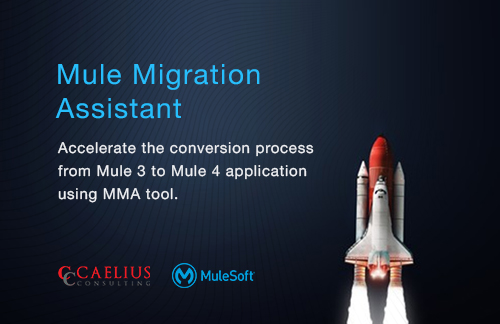
Mule Migration Assistant
Mule Migration Assistant is an open-source tool for accelerating the conversion process from Mule 3...
Read More
Message Logging Policy in MuleSoft
The Message Logging policy logs custom messages from incoming requests, responses from the backend, ...
Read More
JSON Threat Protection Policy in MuleSoft
JSON Threat Protection Policy in MuleSoft is a protection policy for the APIs to defend them from mi...
Read More
Artificial Intelligence in Human Resources
People, in general, have been sceptical about Artificial Intelligence in the past. However, this...
Read More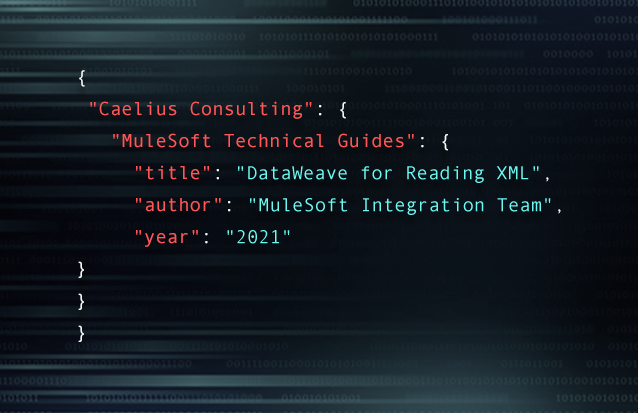
DataWeave for reading XML
The XML data structure is mapped to DataWeave objects containing other objects, strings, or null val...
Read More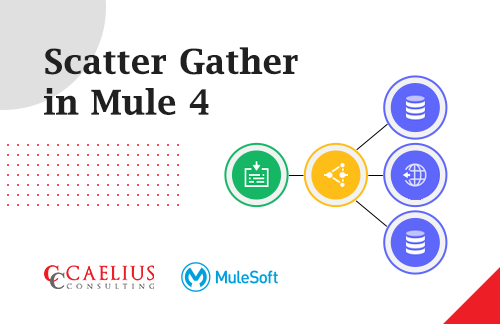
Scatter Gather in Mule 4
Scatter Gather Pattern helps MuleSoft developers distribute different tasks to achieve parallel proc...
Read More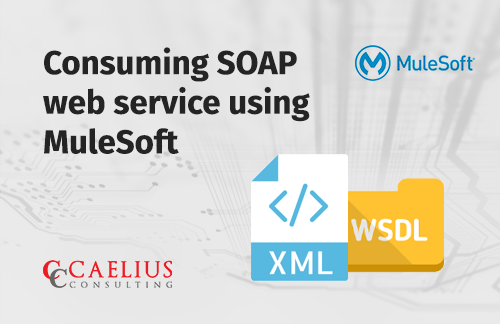
Consuming SOAP web service using MuleSoft
This tutorial introduces you to Web Service and creating a high-security consumption of Web Service ...
Read More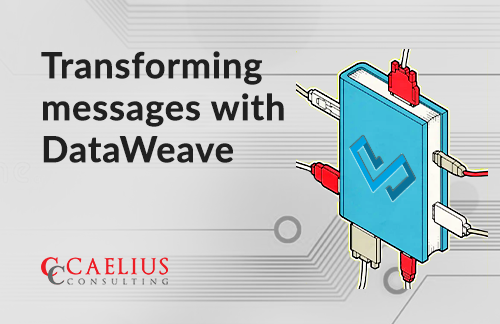
Transforming messages with DataWeave
DataWeave is an expression language designed by MuleSoft. The language helps in transforming the inc...
Read More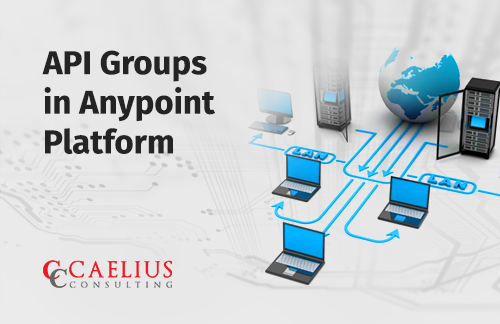
API Groups in Anypoint Platform
API Groups in Anypoint platform enables us to bundle our APIs and resources into a single package. W...
Read More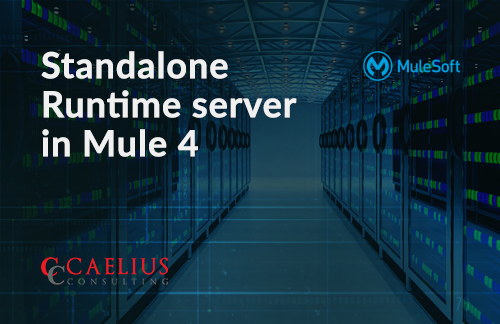
Standalone Runtime server in Mule 4
Why do we need a Standalone Runtime Server? We can deploy our application on Anypoint studio. It ...
Read More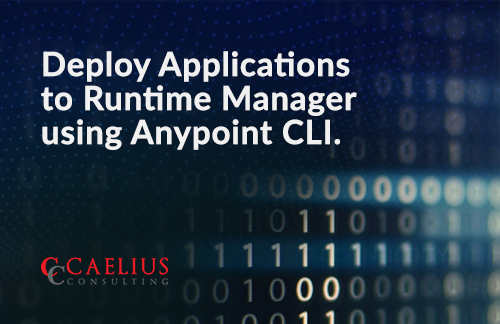
Deploy Applications to Runtime Manager using Anypoint CLI
MuleSoft Anypoint Platform provides a command-line tool to work with the Anypoint platform and Anypo...
Read More
Create Custom Connector using Mule XML SDK
MuleSoft creates a great opportunity of reusing the readily available connectors but in some cases, ...
Read More